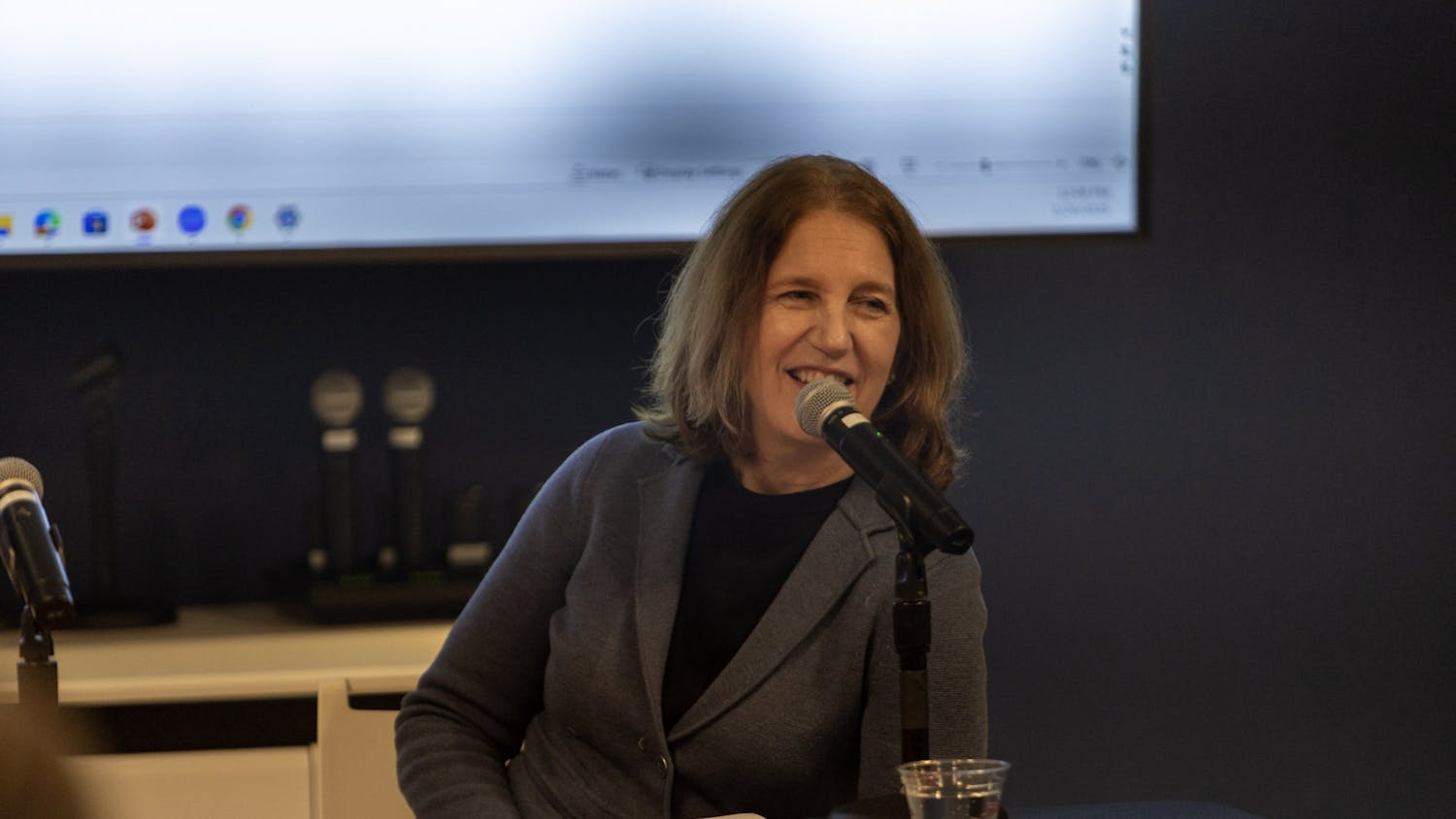Last month, AU student Vandana Duggal's family changed their plans when an airline called to tell them they could get tickets to the Andaman Islands off India's coast.
"We weren't even supposed to be going ... [but] it's so hard to get to, so we said 'yeah, why not?'" Duggal said.
On Dec. 26, her family awoke early to get on their way to Havloc, one of the most beautiful islands in the world. It was then, on a jetty half a mile into the sea, that Duggal was faced with one of the worst experiences of her life, and Southeast Asia was pummeled by one of the worst disasters in history.
"We were waiting to get our tickets and I remember that the jetty started swaying. [We] thought it all must be natural movement, but I heard the crew yelling at this woman ... to move back. Suddenly the shaking started to intensify," Duggal said. "My family, we held onto each other, we had no idea what was going on, but the local people must have known something."
The locals quickly boarded boats that were anchored at the sides of the pier and yelled for Duggal's family, but the waves became too violent and moved the boats too far from the jetty, according to Duggal.
"They yelled at us to get down, to lay on the concrete. I remember, right in front of me and my father was a minivan, and so we were holding onto it, but it was so hard because it was shaking as if it was nothing more than a feather," she said. "My mother was near the edge, and as we turned around we could see that the jetty was crumbling into the ocean, and at the end of it there were lampposts and they were as big as the AU flagpost, or even bigger, and we saw them descend into the ocean."
After three to four minutes, the shaking stopped, Duggal said. Her 25-year-old sister, Anu, was "completely shell-shocked."
"She couldn't talk and she was just white because she was closest. She saw everything falling into the ocean," Duggal said. "My mom, seeing my sister's condition said she didn't think we should go to the island, but me and my father were really quick to react so we said 'why don't we continue on,' and all the other passengers got on as well."
Duggal said they were on board no more than 10 minutes when the crew began running and yelling to start the engine. Duggal was below deck with her mother and sister, but her father was not.
"He saw everyone on the jetty was trying to run toward the main dock because they were fishermen, they could see what was coming," she said. "What my dad saw within those 10 minutes was a huge tidal wave come and completely submerge the jetty that we had just been standing on."
Fortunately, Duggal's boat had made it out into the ocean.
"We were in the safest place possible because boats are made to withstand waves," she said. "None of us knew what was going on so we made our way to Havloc island ... we were waiting for confirmation to dock there but they found out all the piers or jetties were completely submerged."
The group of 22 islands of which Havloc is a part, has lost 16 percent of the population - either dead or missing - according to The Times of India. Also, 25 percent have been forced to evacuate to refugee camps.
But it wasn't until a call from Anu's friend who worked at CNN that Duggal even began to understand the extent of the trauma, she said.
Her family tried to get tickets to fly away, but the earthquake had cracked the runway, allowing only small planes to arrive and take 50 people away with each flight.
On Wednesday, Duggal and her family boarded a plane. Then she saw a newspaper.
"[I felt] horrified, absolutely horrified. You just feel your heart and your stomach sinking," she said. "The first picture I saw was of a child and his face was bandaged, and you read the caption and you learn this wasn't just in India, this was huge ... we had no idea, no idea of what had happened."
Duggal is back to the familiar sites of AU, but says it feels "surreal." Still, she has gotten involved in SHARE, Students Helping Asian Relief Efforts, in an attempt to help.
"Seeing someone and knowing someone who's personally gone through it - I think it becomes more tangible. It's more personal when you know that it's a friend who's gone through it."
The speed with which SHARE formed, Duggal said, was "incredible," but she was disappointed that more students didn't attend the vigil held in Kay Spiritual Life Center last night. Still, she said she's sure awareness will grow and then students will give. Donations are most important, she said.
"It's going to take years to reconstruct the lives of so many people - so many people have lost their families, their whole life," Duggal said. "When the memory's still fresh - that's the best time to seek aid"




